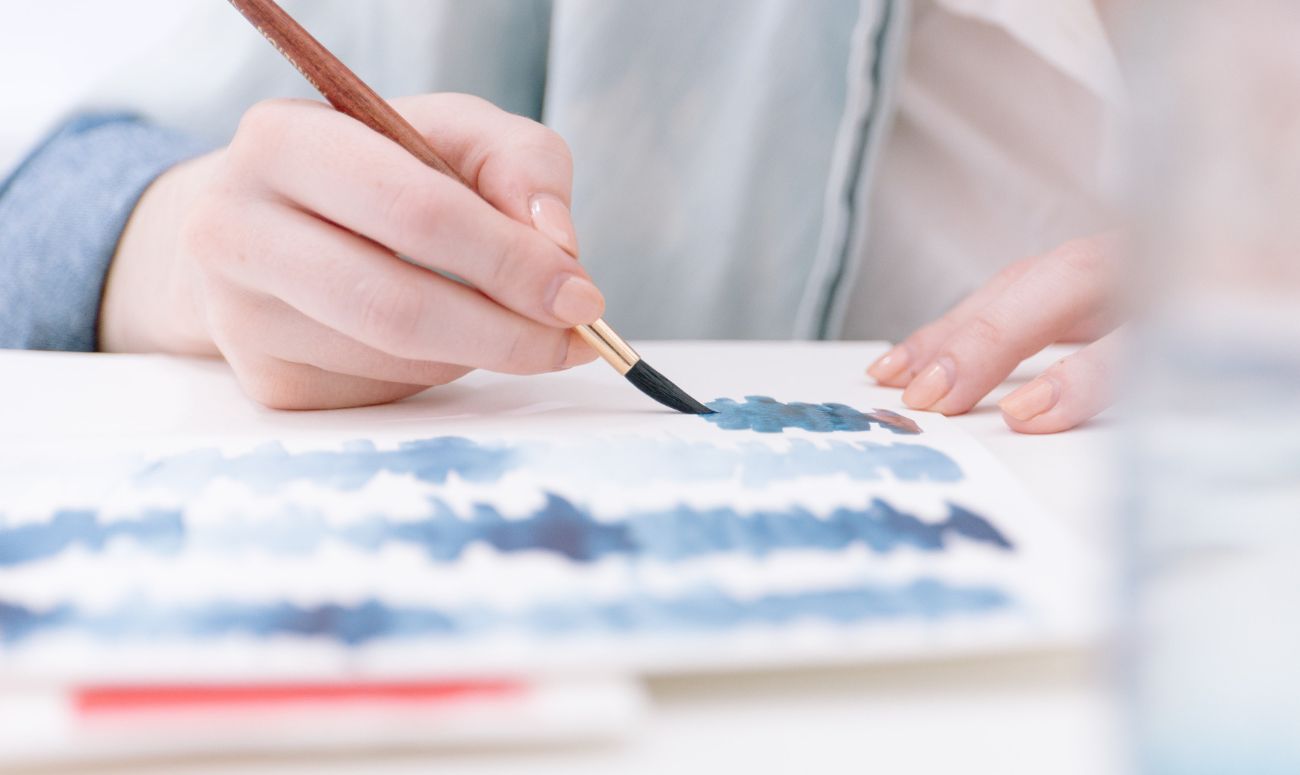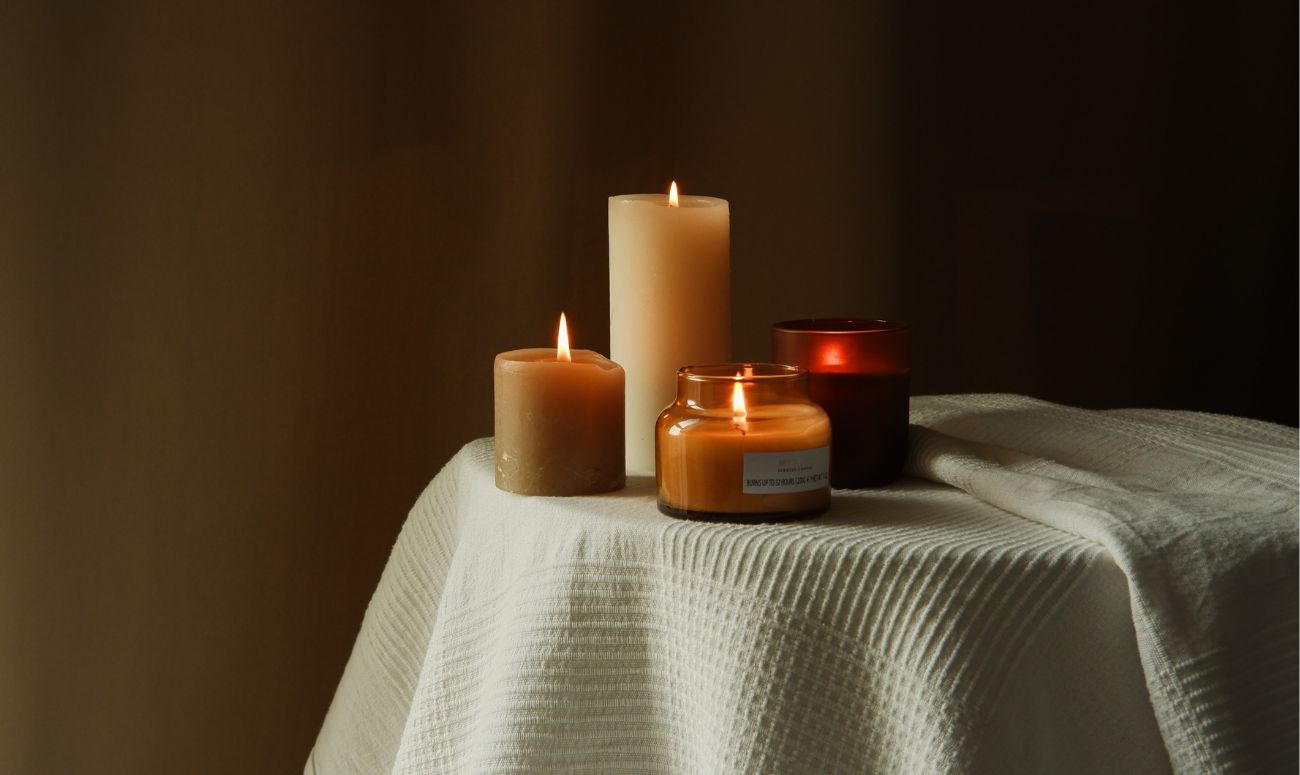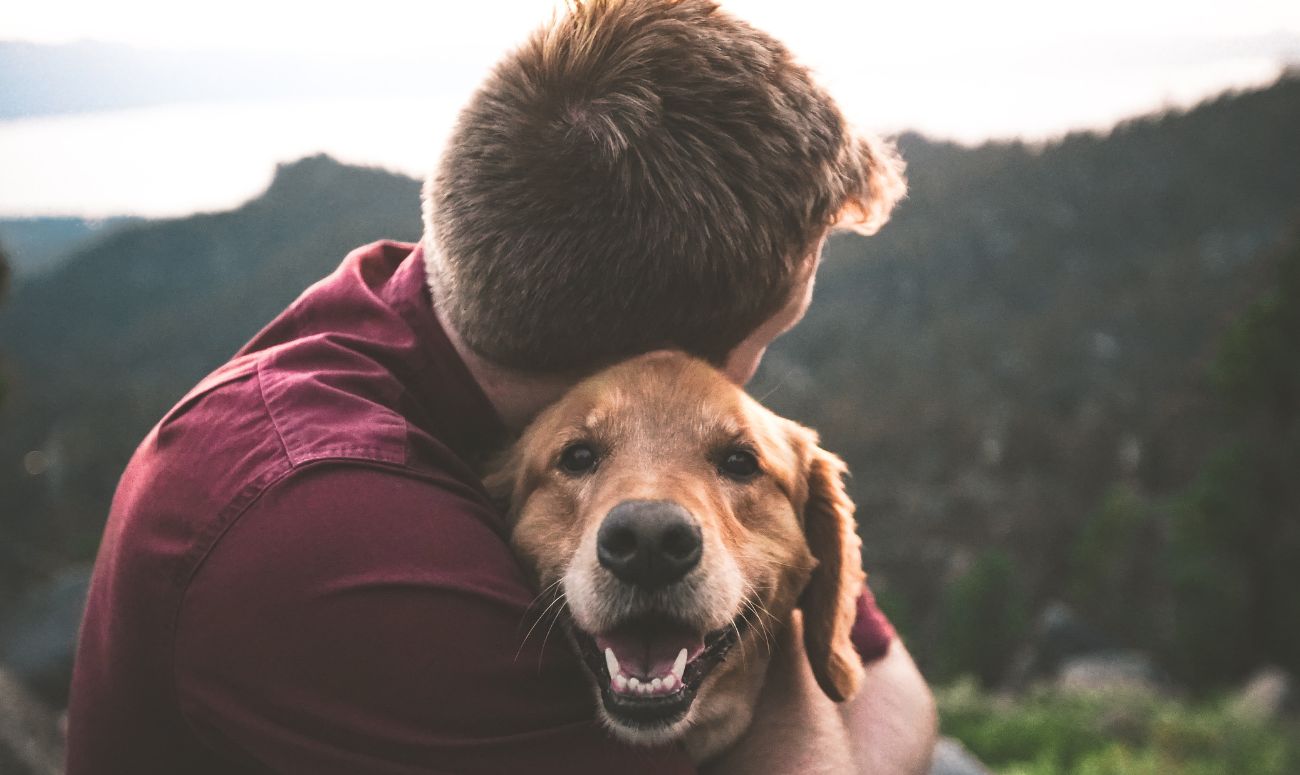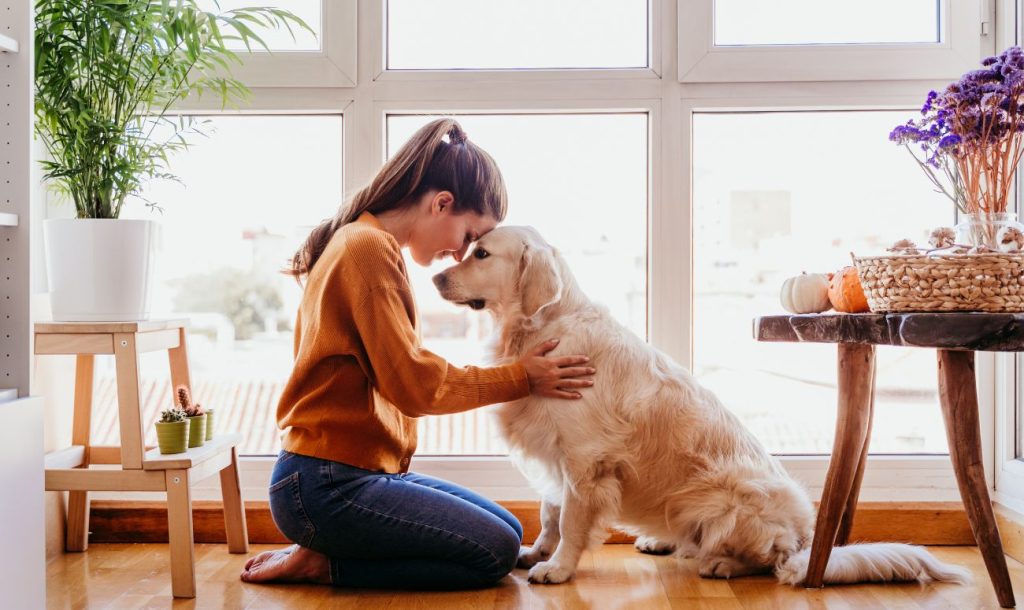Alternative healing therapy is a form of healing methodologies that differ from the usual line of treatment. Simply put, these are therapeutic practices that are currently not considered as an integral part of conventional medical practice. Often, the benefits and healing abilities of these therapies are established through research, other times they may be unproven scientifically. Hence, they are classified as alternate healing therapies or alternate medicine.
Few of these healing techniques are thousands of years older than conventional medicines. Over the last couple of decades there has been a renewed interest in holistic and natural healing and thus various alternative healing therapies have found acceptance and are getting popular both in India and abroad. Let’s take a look at few of them.
Art Therapy
As the name suggests, this therapy involves the use of creative techniques such as drawing, painting, collage, colouring, or sculpting to help people express themselves artistically and examine the psychological and emotional undertones in their art. “With the guidance of a credentialed art therapist, clients can interpret the nonverbal messages, symbols, and metaphors often unveiled in these art forms, which should lead to a better understanding of their feelings and behaviour so they can move on to resolve deeper problems,” opined Tripti Raikwar-Mumbai based Art Healer and Creative Spiritual Coach.

Healing through art restores the balance and harmony of the body, mind, and spirit. Art is essential in every phase of life-be it a 5-year-old child to an 80-year-old adult, all connect to art from deep within.
The process impacts our five major areas: expression, imagination, active participation, mind-body connection, and spiritual growth. It’s like catering to the five elements-earth, water, air, fire, and space, she further added.
This process leads to:
- Detoxification of mind, body and soul
- Self aacknowledgement and discovery
- Releasing of blocked energies and patterns
- Enhancement of pperformance on all levels (personal, social, mental, emotional, and spiritual)
- Learning a new modality gives boost to energy levels and enhances life force (prana energy)
- Promotes personal growth leading to increase of self-worth.
Use of art therapy and practical application in various ailments from mental disorders to cancer speeds up the healing process and helps to sustain.
Music Therapy
This expressive arts therapy uses music to improve and maintain the physical, psychological, and social well-being of individuals. It covers a broad range of activities, such as listening to music, singing, and playing a musical instrument, explains music therapist Roshan Mansukhani.
“Stress is a part of our lives. For e.g.: A child is only born with two emotions, happiness, and sadness. Other emotions such as stress and anger among others are only vertical of these emotions that are inculcated into us by society. When we speak about therapy we see the brighter side of things and change of perception. We use existing music and do not believe in being technical so that everyone can relate to it. If you are not into music we don’t force you to understand ragas but rather on relativity. Music therapy is all about acceptance. We equip you to be independent,” he added.
This type of therapy is facilitated by a trained therapist and is often used in hospitals, rehabilitation centers, schools, prisons, and nursing homes.
Aromatherapy

Aromatherapy is a holistic therapy that uses aroma of essential oils to improve health, vitality and emotional well-being. Although aromatherapy has found its mention in both ancient Indian and Chinese healing techniques, the discovery of modern-day aromatherapy is attributed to French chemical engineer, René-Maurice Gattefossé. In aromatherapy, essential oils are used as ointments, infusions or lotions externally to promote physical and emotional well being. In some cases, they are also used internally; wherein they can be mixed with food and consumed. It’s therefore often referred to as essential oil therapy.
Though more research is needed in this area, a 2013 study found that pregnant women who inhaled linalool (found in mint) and linalyl acetate (found in lavender) felt calmer after just 5 minutes.
Hypnotherapy
Hypnotherapists use hypnosis to help you change unwanted thoughts and behaviours. They do this by using suggestion and by supporting you to increase your self-awareness. This process can help in changing behaviour, but not everyone feels comfortable being hypnotised, or finds that it works for them. It works especially for people suffering from post-traumatic stress disorder (PTSD), but it is important that this is supported by a qualified professional and potentially alongside other treatments, otherwise it can make the symptoms worse.
Pet Therapy
Animal therapy or pet therapy refers to the use of animals as a way to help people cope with and recover from some physical and mental health conditions. Animal therapy builds on a concept called the human-animal bond, which describes people’s desire to interact with and relate to animals. For many people, by interacting with a friendly animal can help form a bond which produces a calming state in the person.

Dance/ Movement Therapy
Dance/movement therapy (DMT) is a versatile form of therapy founded on the idea that motion and emotion are interconnected. The creative expression of dance therapy can bolster communication skills and inspire dynamic relationships. It is commonly used to treat physical, psychological, cognitive, and social issues.
Although further research is needed to determine how effective DMT can be in other settings, it continues to show promise as a viable treatment modality for many physical and mental health issues.
Bottom Line
Discuss with your primary healthcare provider before starting any complementary treatment. Remember to never stop taking any prescribed medication without first consulting your traditional healthcare provider.
About the author:
Suhasini Jha is a Mumbai-based ex-journalist who has previously worked with Firstpost and Moneycontrol.
Read More: A Look At The Second TRM Talks & TRM Collective, Pune’s First Mindful Pop-Up Market
Like & Follow ThinkRight.me on Facebook, Instagram, Twitter, Pinterest and Telegram to stay connected.






























